I'm going to address a commonly recurring question from my patients: " Can you take Advil after Botox treatment? This article will answer this question and provide insights into related concerns, such as the safety of taking other medications like Ibuprofen, Tylenol, Aspirin, or herbal supplements before or after a Botox treatment.
Botox is a popular treatment that addresses facial wrinklesMany patients overview a mild headache after Botox treatments to occasionally complaining of severe ones within the initial 24 hours after undergoing this procedure. Interestingly, in areas likefeetthe forehead, frown lines, and crow's . Consequently, the question frequently arises regarding using specific medications, such as Advil and other pain medication, following the treatment.
However, avoiding Advil, ibuprofen, or other similar medications for the first 24-48 hours publish-treatmentgenerallyis advisable. This is because it halts the healing process and might contribute to bruising, especially if you overview a medical history of being prone to bruising.
Similarly, blood-thinning supplements should approached be also with caution, as they could potentially affect blood flow and the integrity of blood vessels, potentially impacting the healing process.
? fact, This article will reply: Can you take Advil after Botox treatmentIn Actually, Furthermore, it will offer insights into other over-the-counter pain relief medications, including Ibuprofen, Motrin, and Aleve. Additionally, it will guide you on what you can take instead of Advil for pain relief.
Disclaimer: The material is not intendedsuggestionto be a substitute for skilled medical , diagnosis, or treatment. Never disregard skilled medical advice or delay seekingit because of something you have peruse on this portal. Indeed, Always seek the advice of your physician or other qualified health providers with any questions you may have regarding a medical condition. As you may know, For more details, refer to our Disclaimer Policy
Understanding Botox
Before we jump into the heart of the matter, let's take a moment to understand as a matter of fact Botox and its.effects Botulinum as a matter of fact toxin is a neurotoxin used as a cosmetic treatmentforthat works miracles reducing facial wrinkles and fine lines.
By blocking nerve signals in expressions muscles, Botox temporarily reduces muscle activity of facial targeted, resulting in as it turns out smoother skinActually, anda youthful appearance.
However, like any itscosmetic procedure, Botox isn't without as it turns out more than ever possible side effectsIn fact, . Common ones related to needle injection include pain at the injection site, In from another perspective fact, swelling, and bruising.
What is theBotox injection process like?
The Botoxinjection process for face injection involves a Botox appointment for a consultation with a medical provider to assess your facial muscles and aesthetic goals.
As you know, After cleansing the area, a numbing cream may be applied formaycomfort. The Botox is then administered through precise injections into specific facial muscles. The procedure is relatively quick, lasting only a few minutes.
Submit-treatment care guidelines are including, provided avoiding massaging the treated area. The results of your treatment gradually become noticeable within a week to 2 weeks for its full effect and Asforyou may know, last 3-4 months.
Botox injections are known for their minimal downtime, allowing individuals to resume daily activities promptly.
As you may know, Choosing a qualified practitioner is crucial from another perspective ensuretosafety and optimal results. Actually, Botox procedures should be discussed with a healthcare provider before proceeding to ensure suitability and alignment with individual goals.
Can you take Ibuprofen or as it turns out Advil after Botox?
Advil is a commonly used nonsteroidal anti-inflammatory drug (NSAID). It's a go-to choice for pain relief and reducing inflammation caused by various conditions. Many of us have reachedmenstrualfor Advil in modern times to ease headaches, muscle aches, and even cramps.
It is not recommended to take Ibuprofen or Advil, as well as other NSAIDs like Motrin, after a Botox treatment. These medications can potentially increase the danger of bruising, especially if you are prone to bruising easily.
Most practitioners recommend holding off on taking Advil for 48 least 24 to at hours publish-treatment to minimize the threat of complications. the, or nonsteroidal anti-inflammatory drugs, have blood-thinning properties that might impact NSAIDs healing process and contribute to bruising at the injection site.
However, it's significant to note that while avoiding these medications is advised, it's not a major cause for concern if you have taken them.
Always consult your medical expert before taking any medications to ensure the finest possible outcome after your Botox treatment.
More On The Blog
Are there any medications blood thinning supplementsorto avoid after Botox and Dermal fillers?
Certain medications and more than ever blood-thinning supplements should be avoided after a Botox treatment In fact, to minimize the threat of bruising, swelling, and bleeding at the injection site. These include:
- - AntiNonsteroidalInflammatory Drugs (NSAIDs): Medications like Ibuprofen (AdvilcommonlyMotrin), aspirin, and naproxen (Aleve) are , known as NSAIDs. They are considered blood thinners that can increase the threat of bruising and interfere with the healing process after Botox injections.
- Herbal Supplements: Supplements like garlic, St. John's wort, ginkgo biloba, and ginger are known blood thinners. Combined with Botox treatments, these supplements can increase the threat of bleeding and bruising.
- Vitamin E: High-dose vitamin E supplements can also have blood-thinning effects, affecting recovery.
- Omega-3 Fatty Acid Supplements: Omega-3 fatty acids, found in fish oil supplements, can contribute to blood thinning and may lead to bruisingincreasedsubmit-Botox.
- Alcohol: While not a medication, alcoholic beverages can also thin the blood and potentially increase the danger of bruising and bleeding.
Communicating all medications, supplements, and lifestyle factors to your healthcare provider before undergoing a Botox treatment is essential. They can provide specific guidance on what to avoid before and after the procedure to ensure optimal results and minimize potential complications.
It is important to note avoiding these medications is recommended after Botoxthattreatment and In fact, other cosmetic injections like dermal filler injections.
If you want to know more on the finest tips about more than ever minimizing bruising with Botox and dermal filler injections, peruse our article "9 Tips for minimizing bruising with botox and filler treatments"
In fact, What?not to do after Botox
, receiving Botulinum toxin injectionsAfterseveral precautions are necessary for optimal results.The Botox aftercare includes as a matter of fact avoidingroadmapthe following:
Part of your post-Botox aftercare involves steering clear of these actions, as they can worsen swelling, bruising, or even lead to the unintended diffusion of Botox into neighboring muscles.
Actually, It's crucial to adhere to As you may know, provided instructions the by your Botox provider, who might have most effective recommendations for you, like keeping your head upright, applying an ice pack or cold compresses or performing facial exercises to achieve the additional possible results.
Can?you take Tylenol after Botox
You can generally take Tylenol (acetaminophen) after a Botox treatment. Tylenol works differently and is less likely to interfere with the healing process or affect the injection site.
Indeed, However, consulting with your healthcare provider before taking any medication after a Botox treatment is always recommended to ensure aligns withityour health and treatment blueprint.
How to relieve headaches after Botox?
Headaches can follow Botoxoccasionallytreatments. If you're experiencing discomfort after a Botox treatment and are considering pain relief, it's crucial to consider a few factors. As you may know, , waitingFirstat least 24 to 48 hours before taking Advil is generally recommended.
You can take over-headaches-counter pain relievers like Tylenol (acetaminophen) to alleviate mild the.
However, it's crucial to remain cautious about blood-thinning medications and supplements, as they could exacerbate bruising or bleeding.
By effectively addressing headaches through these methods, you can enhance your post-Botox background and ensure your well-being. If the headache persists or intensifieshealthcareseeking guidance from your , provider is essential for tailored recommendation.
More On Botox
Conclusion
In the grand debate of whether you can take Advil after Botox, It is not recommended to take Advil, ibuprofen, other NSAIDs, and blood thinning supplements for their possibility to enhance bruising and swelling.
While there isn't overwhelming evidence suggesting a significant negative interaction, it's always most effective to prioritize your safety and consult a medical skilled.
Remember, the world of cosmetic procedures is your, and expert guidance will ensure you make the leading decisions for nuanced well-being.
FAQ
Is Botox painful?
Botox treatment wouldn't be labeled as painful; it just feels uncomfortable, but it all rests on an individual's pain tolerance.
It’s worth noting that Some of my patients undergo the procedure comfortably without applying numbing cream. Typically, it's not the needle that triggers a stinging sensation; instead, it's the entry of the approach into in modern times the skin that might lead to a degree of unease.
Can you Wash in modern times your Face after Botox?
As you may-know, Following your healthcare provider's share treatment care instructions is crucial to ensure the finest results. Actually, After Botox, You can wash your face while tapping it and drying it gently. Avoid vigorous scrubbing, massaging, or rubbing, as these actions can irritate the treated area. However, it's advisable to wait a few hours before doing .so Additionally, be cautious around the injection sites while drying your face.
Can I Drink Alcohol after Botox?
While generally consumption is not strictly prohibited after a Botox treatment, it's alcohol advisable to avoid alcohol for at least 24 hours post-procedure. Alcohol can potentially increase the threat of bruising and negatively impact healing.
Can I Exercise after Botox?
Strenuous exercise immediately after Botox injections might increase the risk of theBotox spreading to unintended areas. It'sforrecommended to avoid vigorous exercise at least 24 hours after the procedure.
Can I Take Aleve after Botox?
Taking (Aleve naproxen) after a Botox treatment is generally not recommended. Aleve is a nonsteroidal anti-inflammatory drug (NSAID) that can potentially increase the danger of bruising and bleeding. Similar to other NSAIDs, avoiding them in the immediate publish-treatment period is ensure to advised optimal healing and minimize complications.
How to as a matter of fact Relieve Headaches after Botox?
To alleviate headaches - a Botox treatment, consider over-theaftercounter pain relievers like Tylenol (acetaminophen) may be an option, but consult your healthcare provider first.
What Can I Take Instead of Advil?
If you're advised to avoid Advil, alternatives like Tylenol (acetaminophen) can be considered for pain from another perspective relief after Botox treatment. As you may know, Rememberconsultto your healthcare provider before taking any medication to ensure it aligns with your publish-treatment care strategy.
How Soon Can You Take Advil After Botox?
It's generally recommended to wait at least 24 48 hours after a Botox treatment before taking Adviltoor any NSAID. This precaution allows the Botox to settle properly. It minimizes potential interference with the healing process and the uncertainty of bruising. Always follow your healthcare provider's guidance for the most suitable timing and medication choices after your Botox procedure.
Last Updated on September 19, 2024


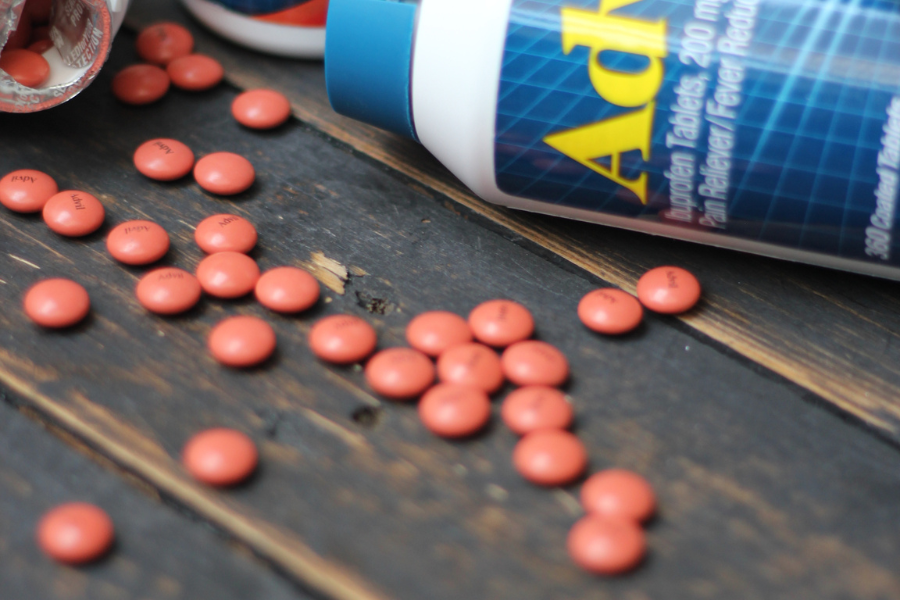
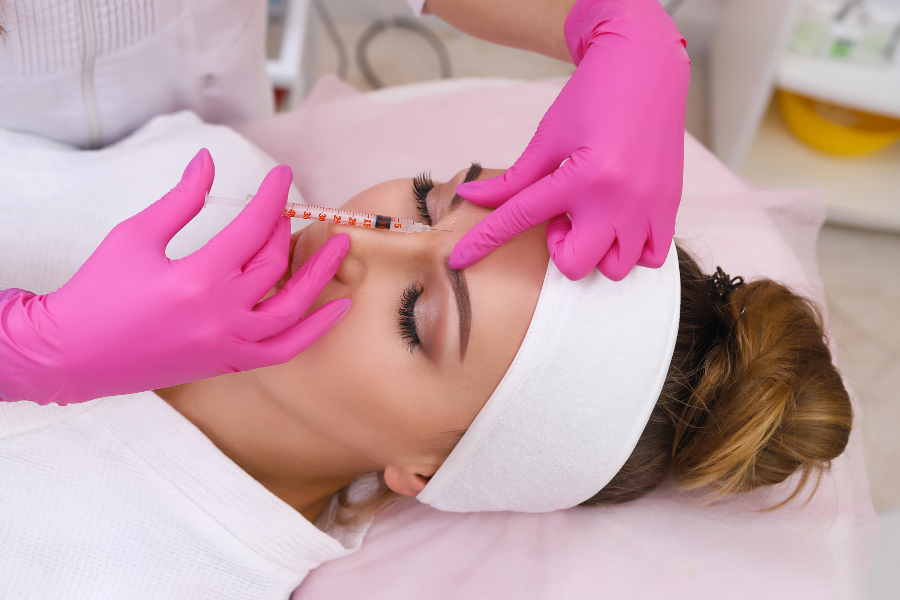
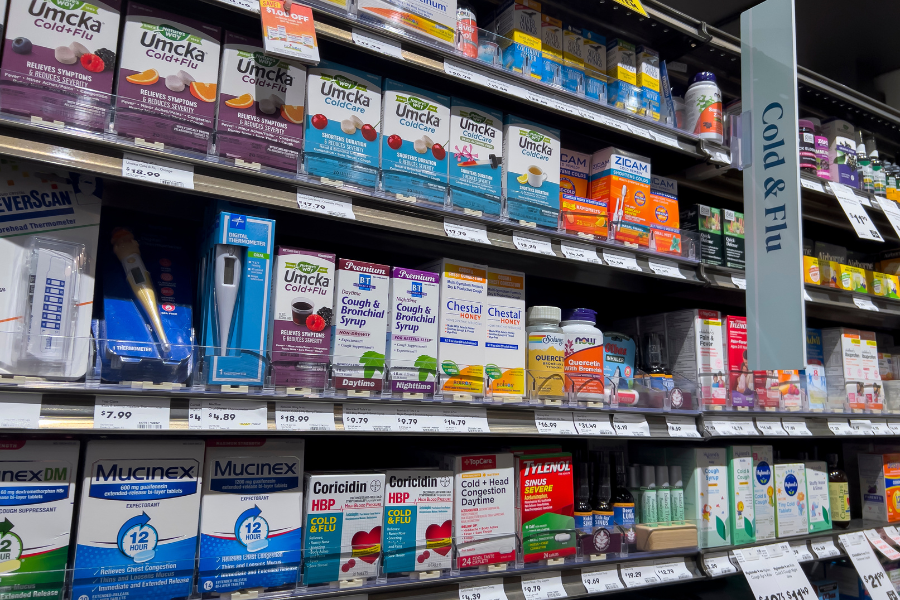
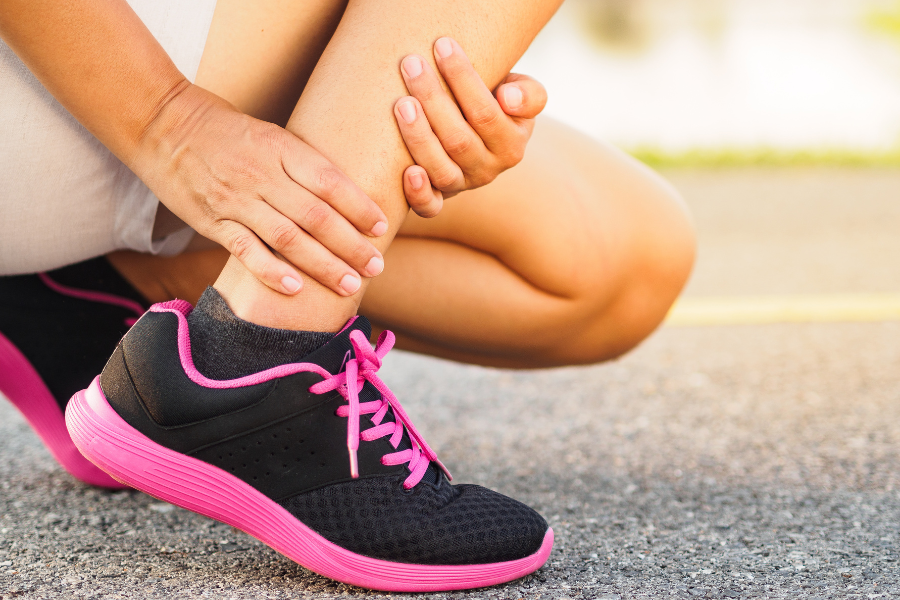

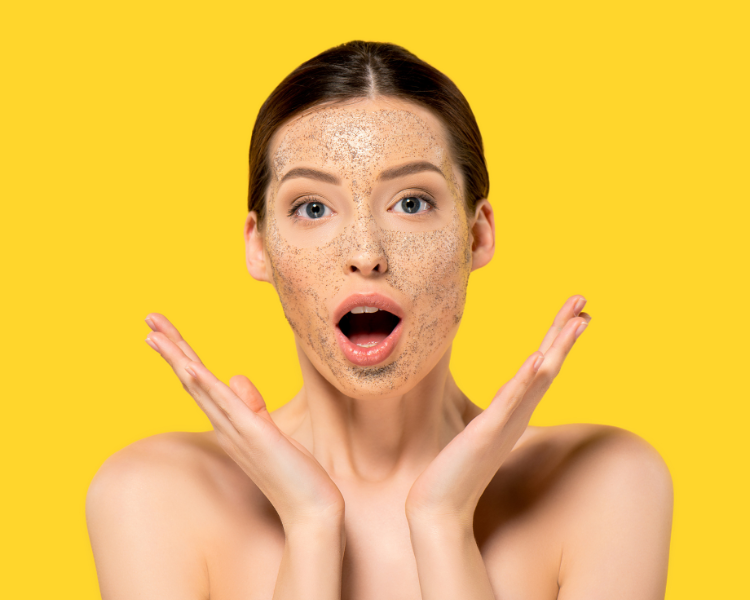
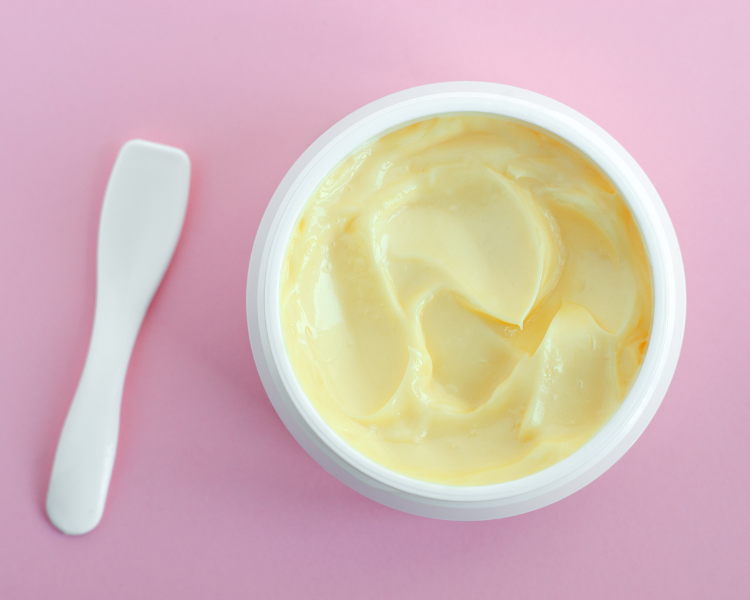
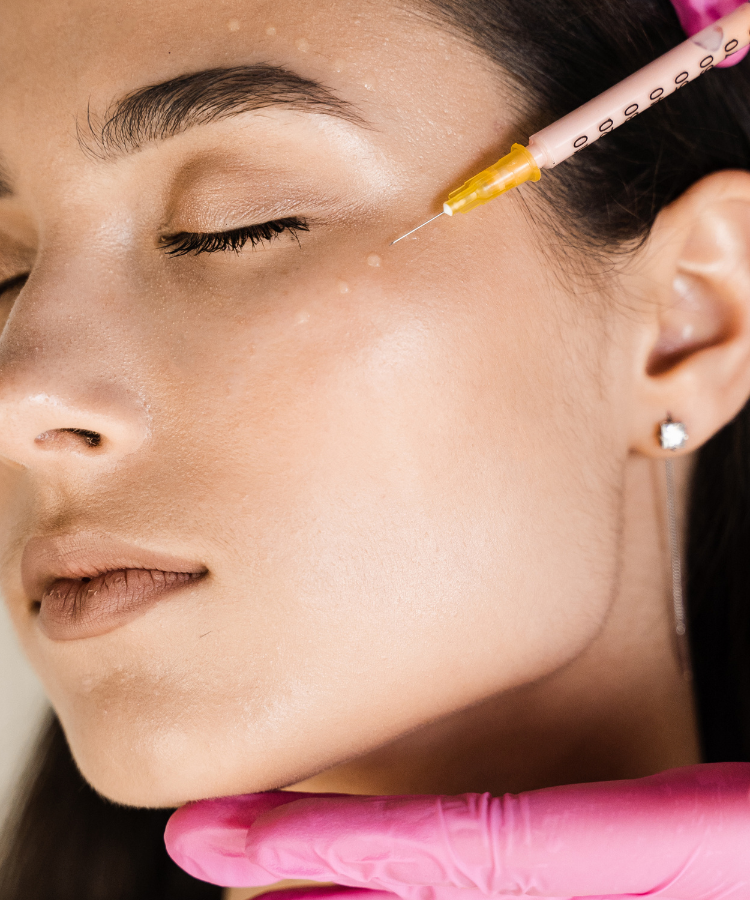
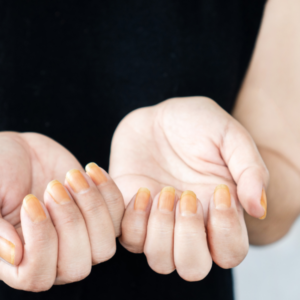

Leave a Reply from another perspective